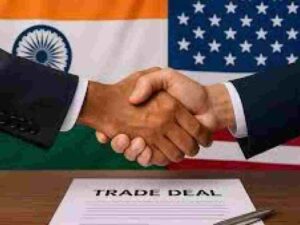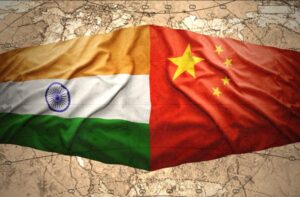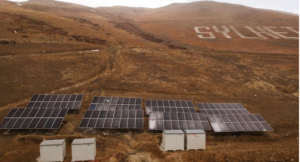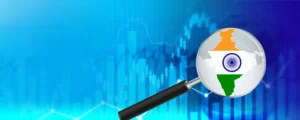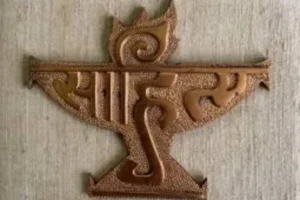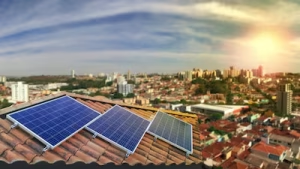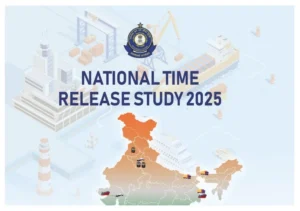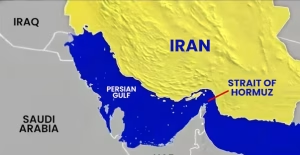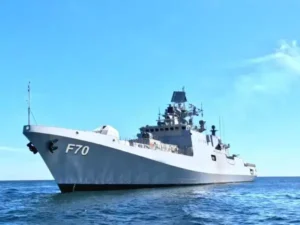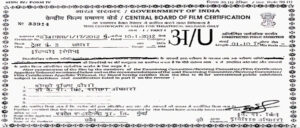Skip to content
India-US Trade Talks: Ethanol and Soyabean Sector Concerns
India’s Trade Strategy Needs a China Reset
Solar-Powered Thermal Battery by IIT Bombay
Rising Dependence on Imports of Pulses & Edible Oils
State of the Climate in Asia 2024 Report
India’s Economy Amid Global Shifts
Sahitya Akademi Yuva & Bal Sahitya Puraskar 2025
City Accelerator Programme
Draft Registration Bill, 2025
National Time Release Study (NTRS)
Iran Moves to Block Strait of Hormuz:
Indian Naval Ship INS Tamal
Quantum Computing Using Satellites by 2030
SC/ST (Prevention of Atrocities) Act
| Sun | Mon | Tue | Wed | Thu | Fri | Sat |
|---|
| 1 | 2 | 3 | 4 | 5 | 6 | 7 |
| 8 | 9 | 10 | 11 | 12 | 13 | 14 |
| 15 | 16 | 17 | 18 | 19 | 20 | 21 |
| 22 | 23 | 24 | 25 | 26 | 27 | 28 |
|
